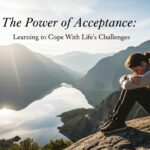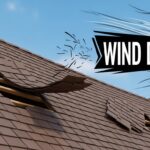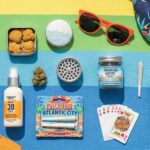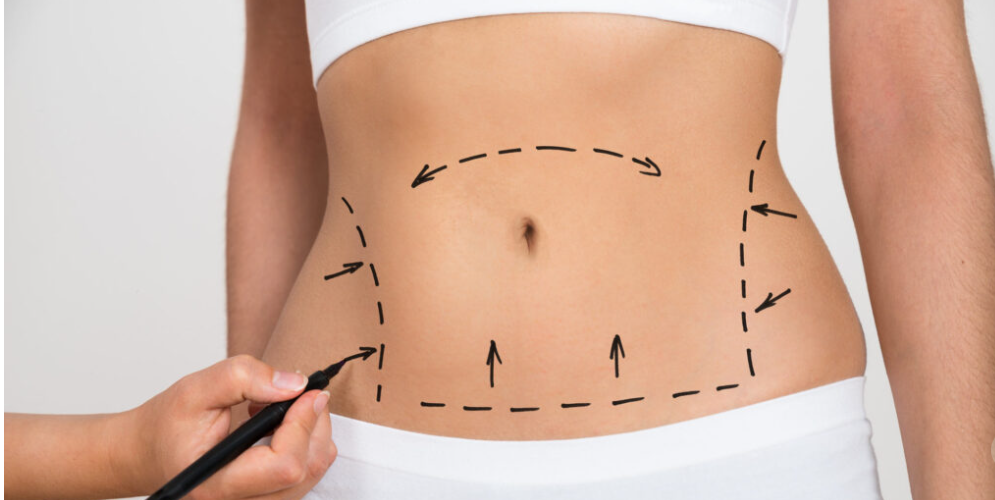How did you get into your art practice?
When I was 18, just before I was going to start art school in Arnhem, I got sick. While I waited for a cure for my illness, I bided my time by creating art from my bed. The problem was, since my illness struck my nervous system and affected my brain, painting and drawing, which I had previously worked in, became a difficult and grueling process. It was painful to be unable to do what I loved, so instead of focusing on what I couldn’t do, I found a new way to make work.
Collaging became my new storytelling method. I was drawn to working with old family photos. I had always been fascinated by the way people looked in old photographs, and I felt more connected with some of those images than I did with the modern world.
When I had enough energy I would make collages and small drawings from my bed. During this time I also did a photo project with a photographer in which she documented my life in bed and I showed some of my work which was exhibited with the photo series. Through this experience I started to want to show my work in the world beyond my bedsheets.
What are some recurring themes in your work?
I tend to use a lot of female images in my work. Which happened totally subconsciously, but I am really inspired by women and their roles in society. So I might choose a picture of my grandma or a pornographic picture from 1910.
I recently looked at my work and discovered that there are a lot of group pictures and references made to the prudishness of the Amish culture or even old African and Indian tribes. I definitely think we could use some of those cultures’ traditions in our society. There are usually a lot birds in my drawings too, I don’t know why, I guess I just like to draw them. I have this weird fascination with pigeons, cemeteries and ornamented doors which are always hidden in there. My work is about a certain disconnect to society, the whole group-culture, how people act with one another, and the awkwardness of life. I try to make that visible in my images.
I grew up in a tiny town with a lot of social control. Which people may not see when they live in this community, but I definitely felt it growing up
How do you relate your drawing and collage practices? Or are they related for you? They are related, but not really connected, I am still finding ways for the two to overlap. I am exploring that at the moment in my studio. They feel like different aspects of myself. With the collages I tell untold stories in which I work with a base, a picture, an image that already exists. But the drawings are completely taken from my own world, my own experiences, and my friends.
You seem to have a lot of humor in your work, was this a way of coping, or your outlook on life, or both?
Definitely both. I am not a very pessimistic person, even when I was ill I was never really pessimistic, I love life too much to be a pessimist. When you are in constant physical pain you learn to enjoy the tiniest things, like the simple joy of a cup of tea. This sounds like a hallmark card, but it is actually true. The humor in my work reflects the way I feel about life. I try to not take it too seriously, although sometimes I do. I’m sometimes frustrated by modern society and it’s focus on the outside instead of what really matters. When I collage I mess this picture-perfect world up into something different. This helps me deal with that aspect of the world. So it is definitely both coping and the way I see life.
You’ve received a fair amount of media attention in Holland which focused on your difficulties with Lyme disease. Tell me about your experience with the media.
Yeah, I got interviewed by BNN for a series called Je Zal Het Maar. I just felt really happy that they gave me a platform to tell Holland about Lyme disease and its effects on a human body. Since I had to fight to find a cure for the disease, I didn’t want anyone to go down that awful road.
I hope that I somehow contributed to making the Netherlands more aware of Lyme disease. I just got better when they aired the show and that made me feel kind of weird, since I never thought about how I would feel if I would be out of the wheelchair when the world would see it. I did get people staring or asking me about the show, but the reactions were never negative. A story like mine, with a long sickbed, is not one which a lot of people get to tell standing on two feet again. It often gets weird reactions and some people seemed really impressed by what I have accomplished, but that seems like too much credit, it is just my life story.
Overall, the response was confusion since few people but myself expected me to recover. People got really confused because they expected me to have died and then I suddenly stood up out of my wheelchair and started walking again. This conflicted with my own feelings with my complete joy of starting my life again. I only had a few people to share this with. Now that people are getting used to all of it, they seem kind of ok with it again. And of course I have good friends who were super happy when I recovered!
I am still settling into getting better. Being healthy or at least healthier still feels weird to me, since I am used to being tired and feeling like crap for most of my life. Even though being sick was terrible at times, I was mostly happy, which may sound kind of weird. It is still integrating into my life in some ways, I do not fully realize the magnitude of it.
How has your work changed since your health improved?
My work has gotten bigger, I draw more, and I even started doing some street art, which I never could have done when I was laying in bed. I am carefully exploring new ways of expressing myself that I physically couldn’t do before. The experiences I had when being ill and now getting better are almost translating into artwork, but I think I still need more time from the situation to use it.
How has it been to get back to a normal lifestyle? What is difficult or enjoyable which most people wouldn’t expect?
It was very enjoyable but difficult at times as well. It is still great to plan things how I always would have wanted. Since I was completely dependent on my parents and couldn’t really have control over my own life, this feels like complete freedom to me. In the beginning, it was sometimes overwhelming. Starting life again after being away from society for so long can be really scary.
It was definitely hard in the beginning. I remember shopping for groceries for the first time, and it felt like the first time ever. I had completely forgotten how many things there were to buy. Even the sensation of walking around, just having freedom to do things without having to over-plan or think them through was amazing.
I love cycling through Amsterdam, the wind in my hair, and the sound of the people. When I was ill I had to wear headphones and earplugs because the wrong noise would cause an epileptic episode. I definitely felt like a complete alien for a long time, but I loved getting to know the world again. It is an amazing experience to live life again after being this sick. Even now, a lot of things are completely new experiences for me!
You seem to have a lot of ambition and drive to take on the world. Tell me about your book and your plans for the future? Travel? School? Publication?
I am currently writing my whole story down, just to document the whole deal for myself. After that, I will see what I want to do with it. I might turn it into a theatre piece of some kind or throw it into a drawer and not look at it for a long time, or just publish it like a normal person would.
I am making my first off-Europe trip by myself this winter, where I will be going to Brazil to do some art and traveling around to see how life is there. Next summer, I will probably travel to America and Mexico. I plan on making a lot of trips around the world for as long as I can.
I will exhibit at the NDSM this December, just before the holidays, and have my first big solo-exhibition in the south of Holland in March in which i will work together with a musician. After that, I don’t have any real plans other than finishing my book or whatever it is going to be. I will continue to make art in my studio at the NDSM as long as I am in the process of recovery; writing, drawing, and painting as much as I can.










